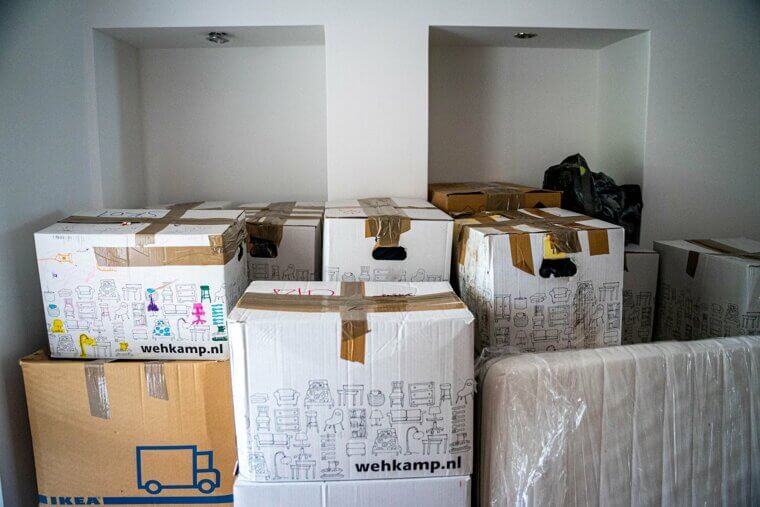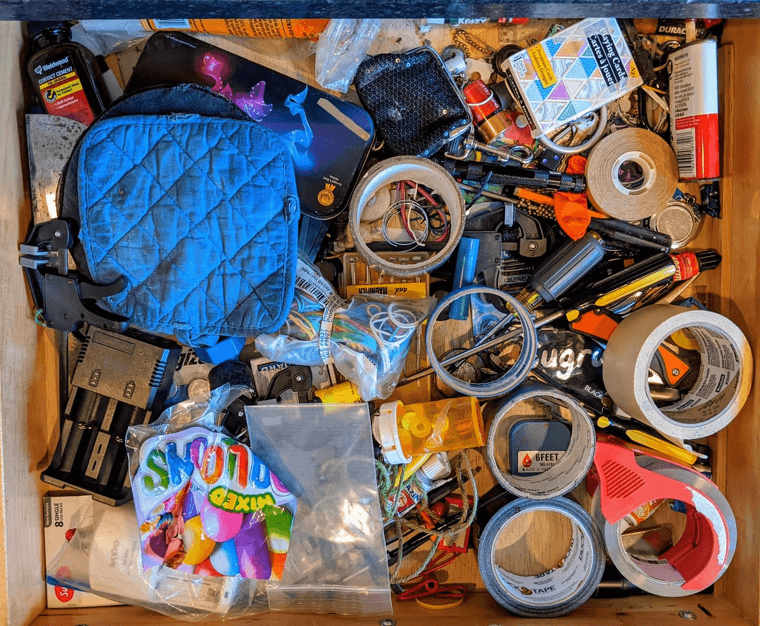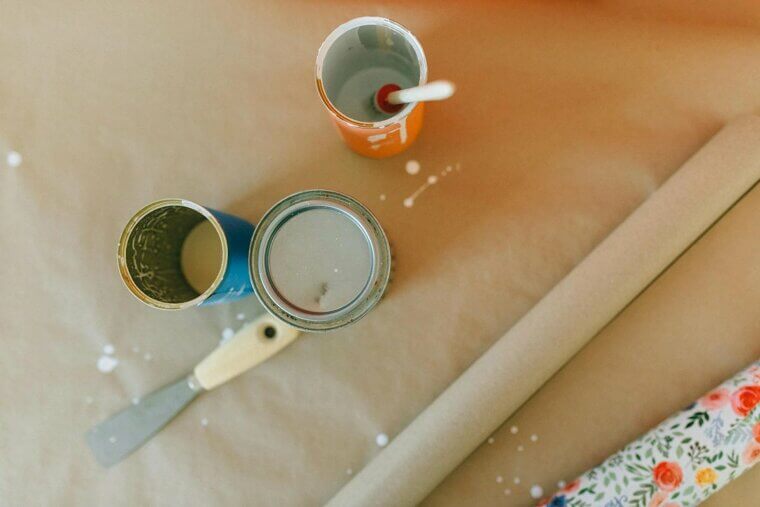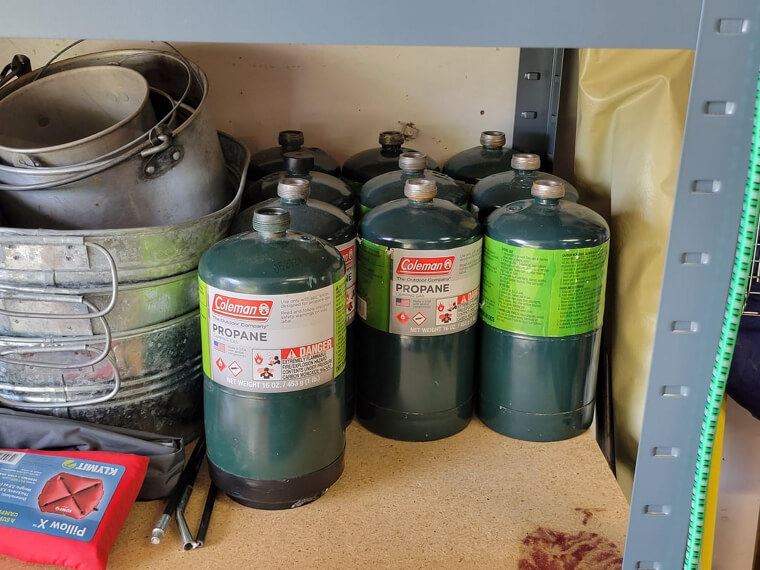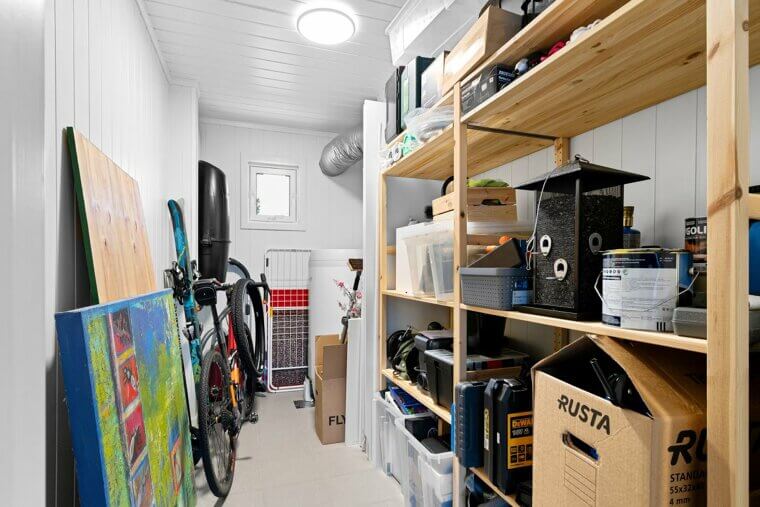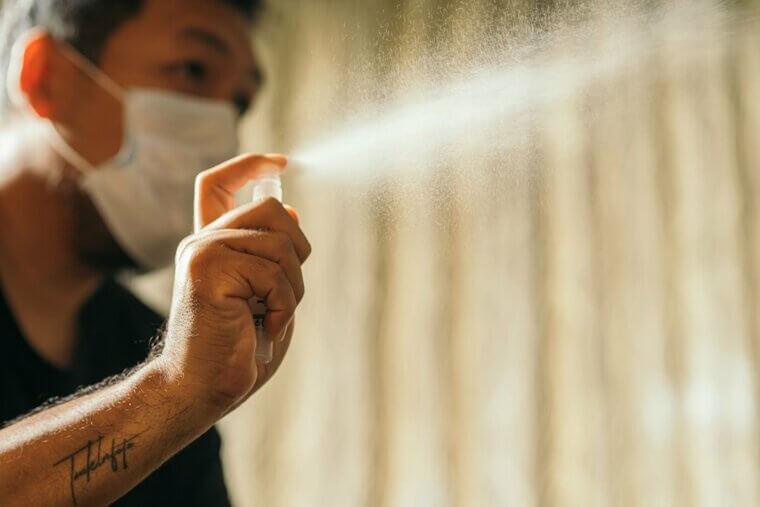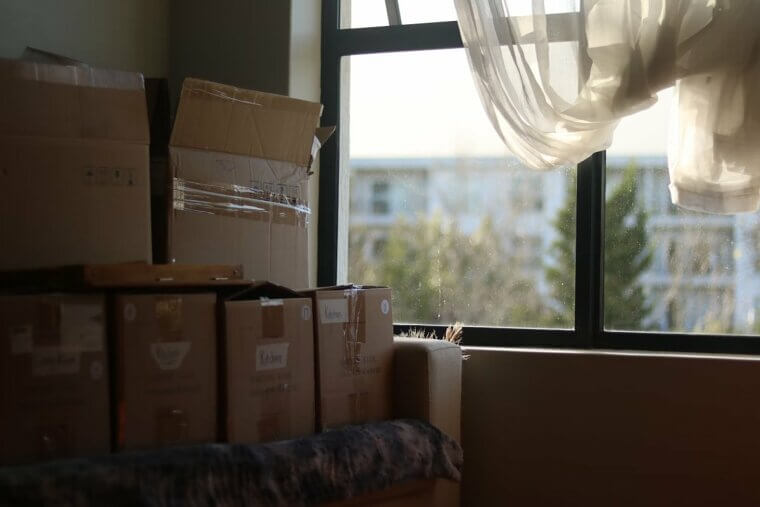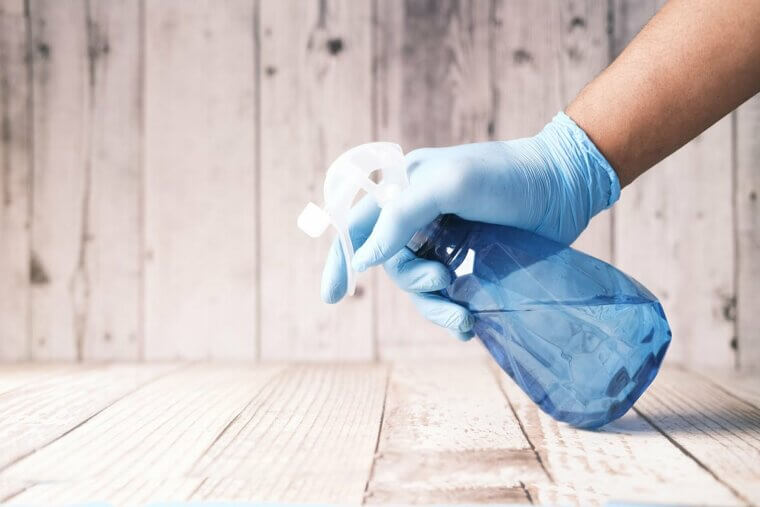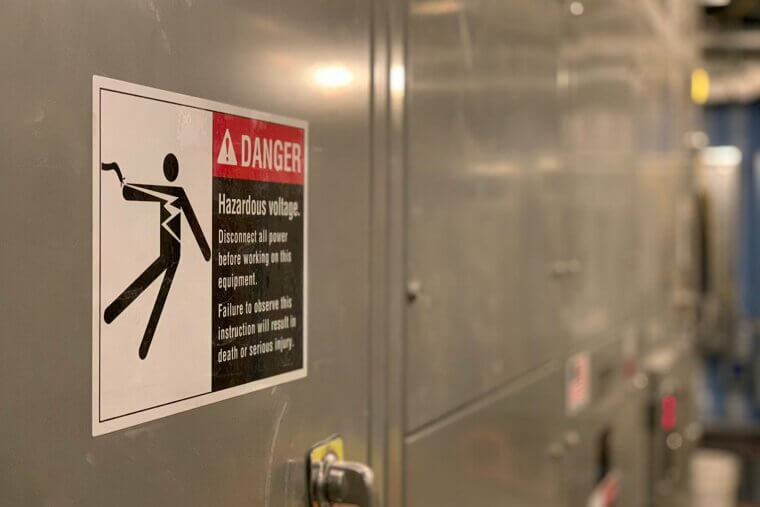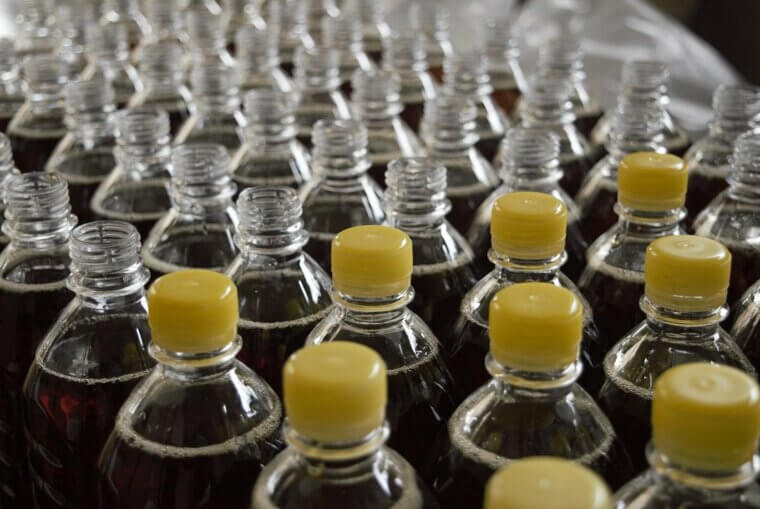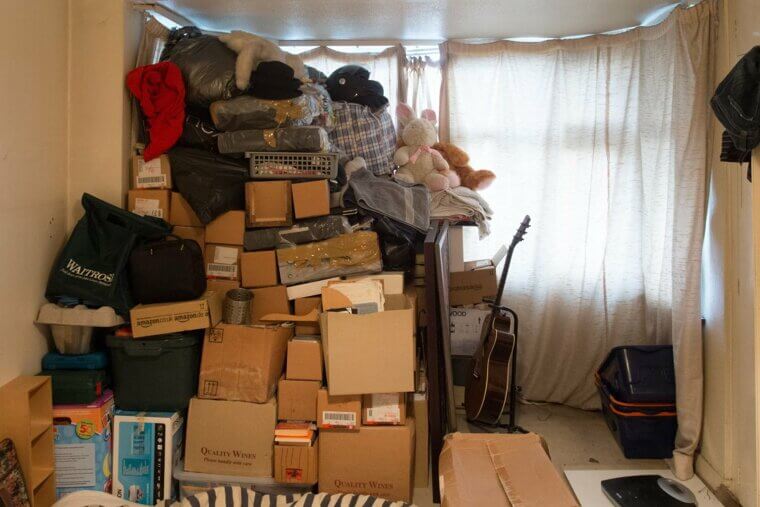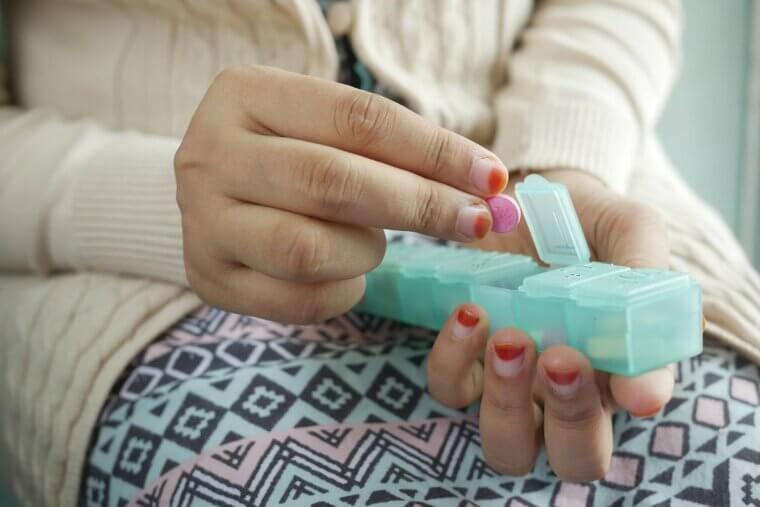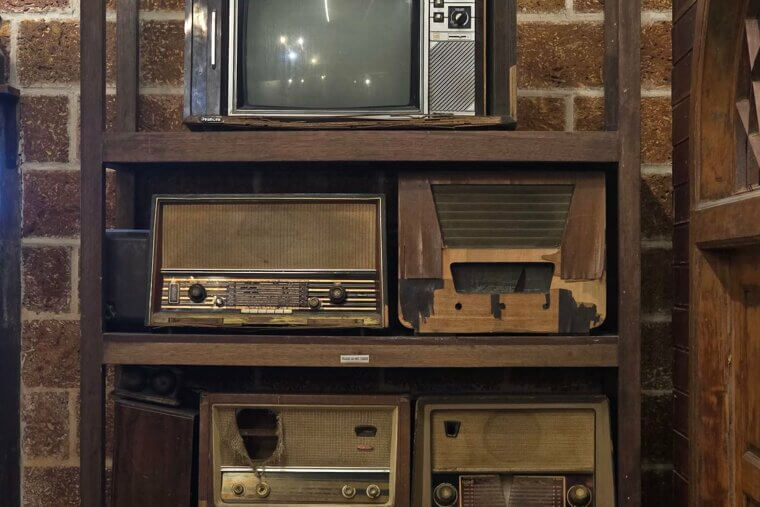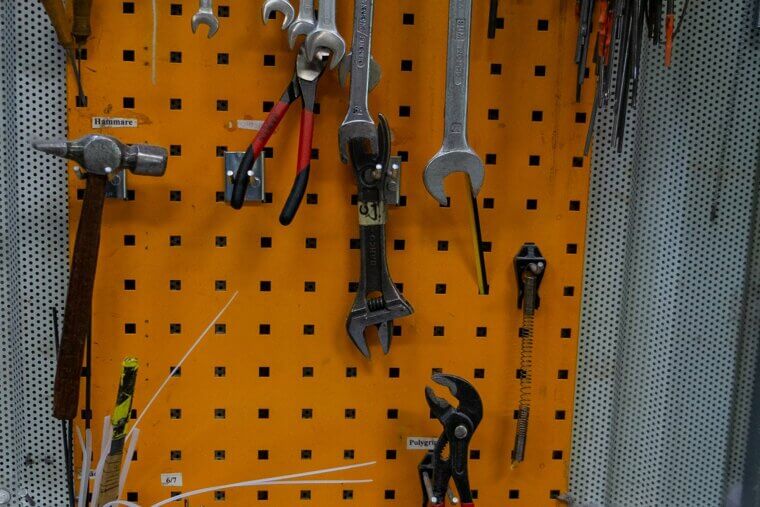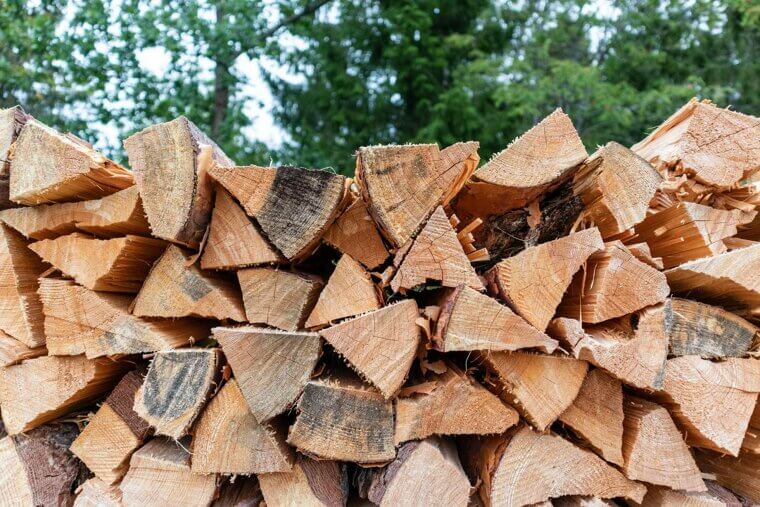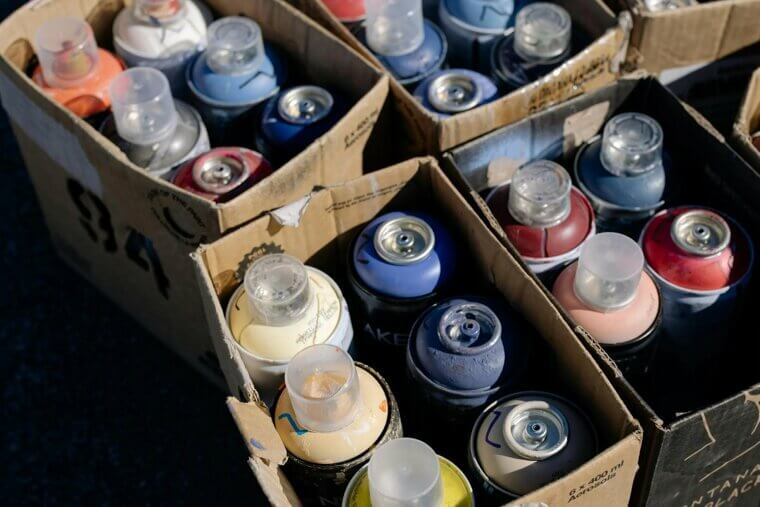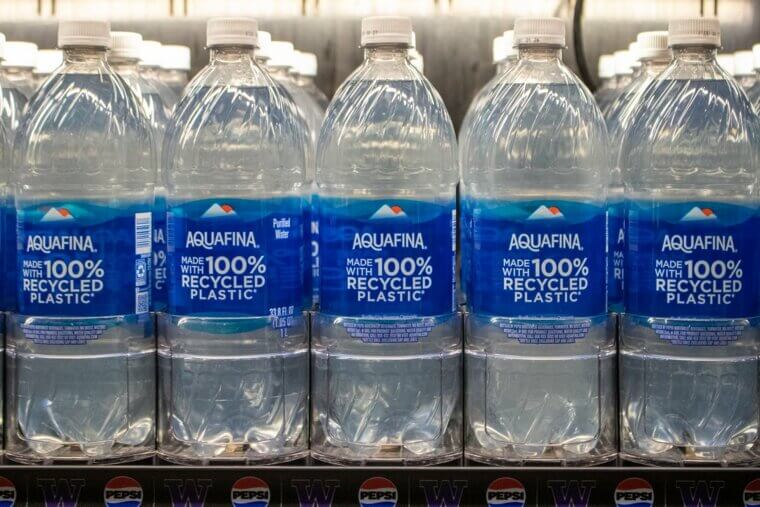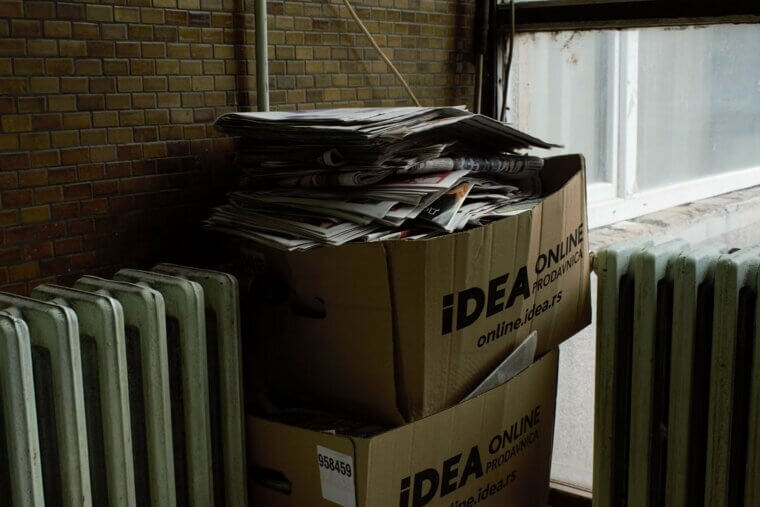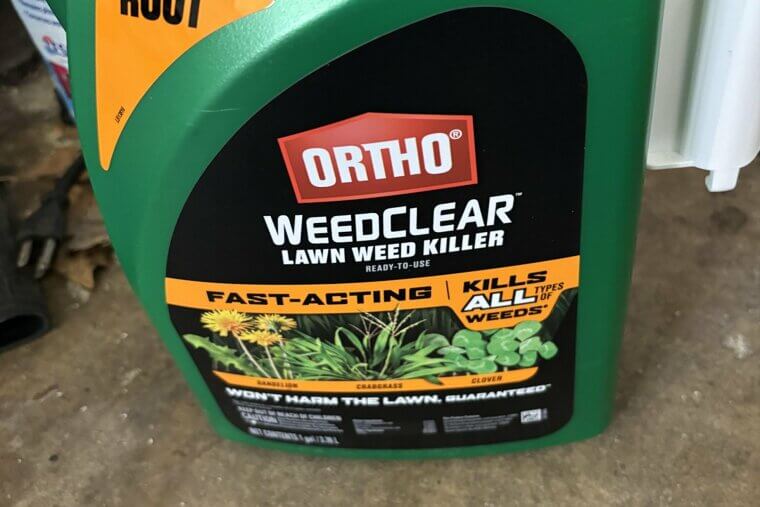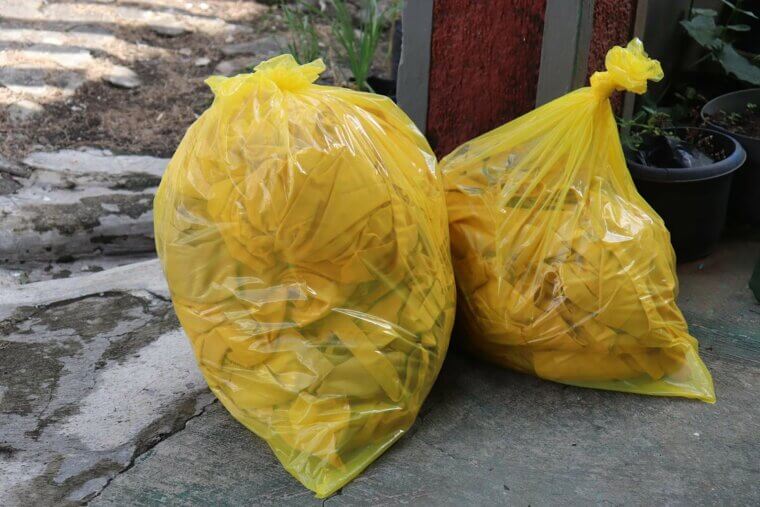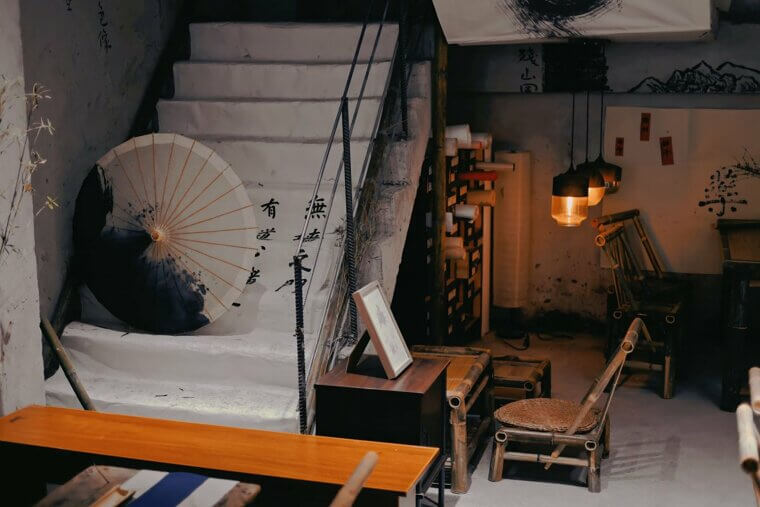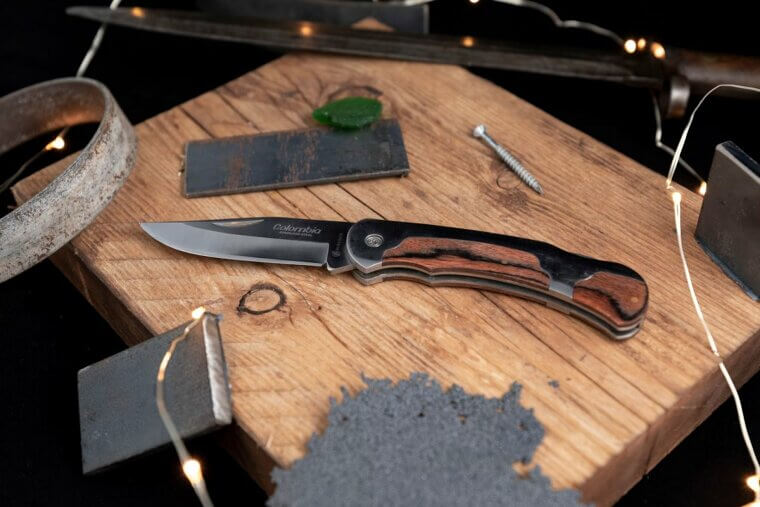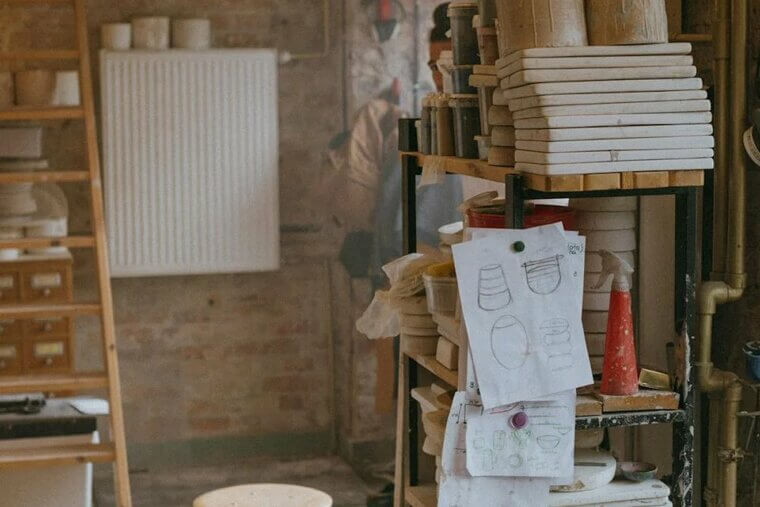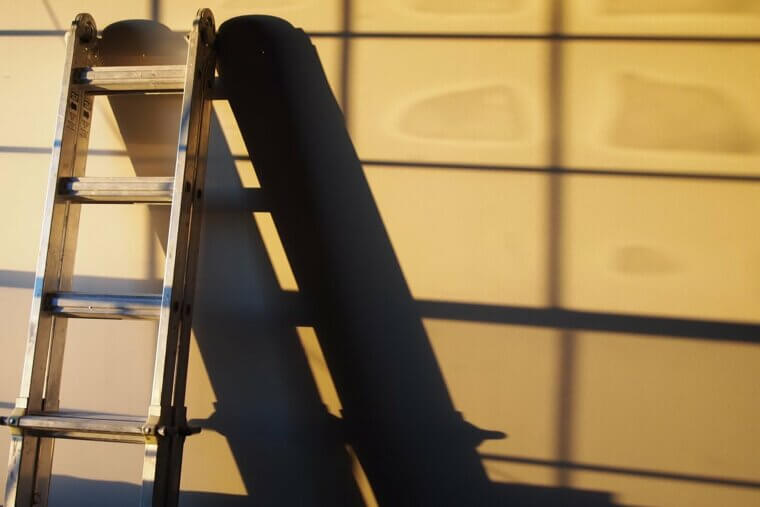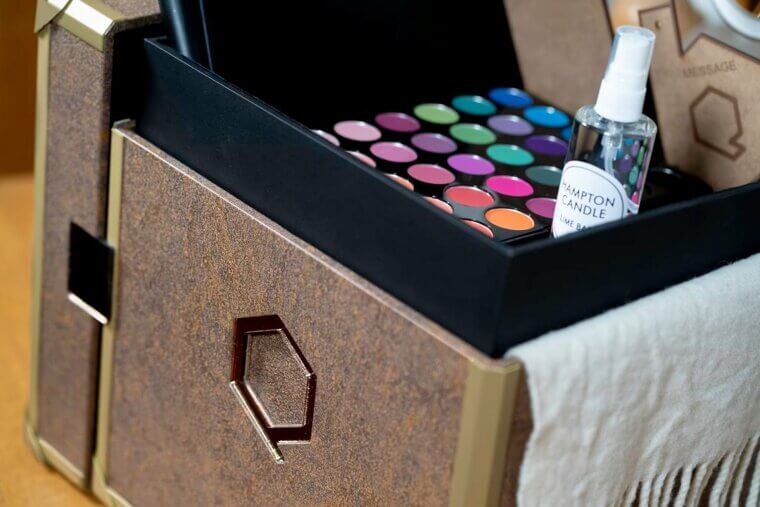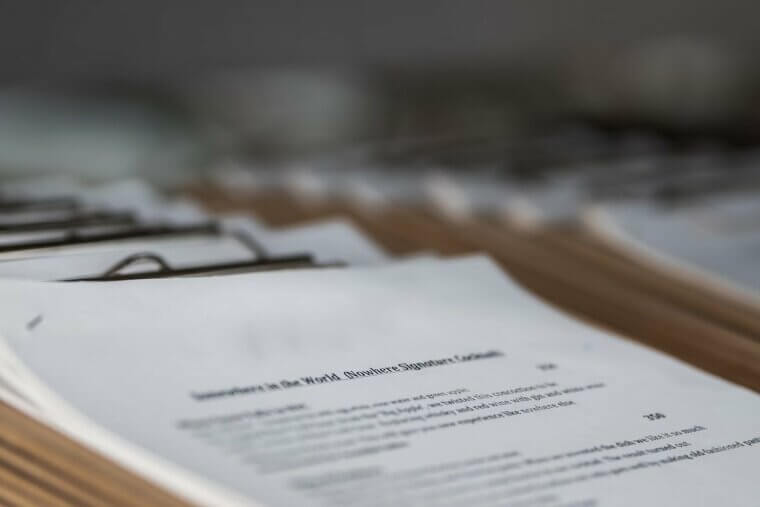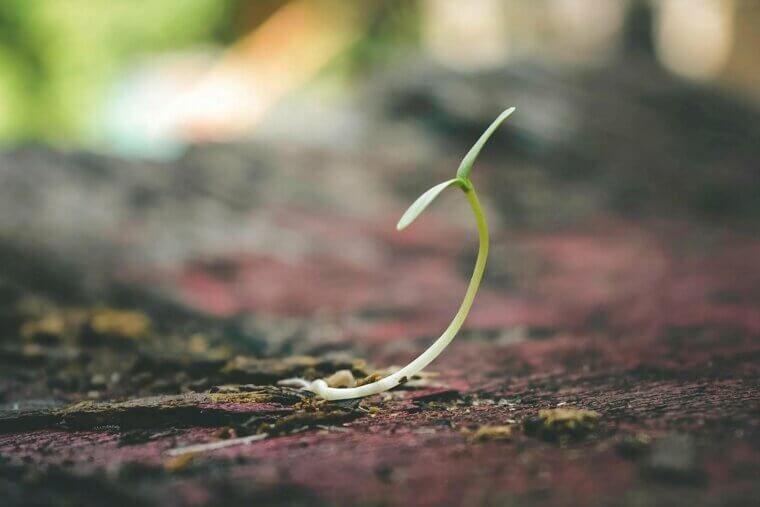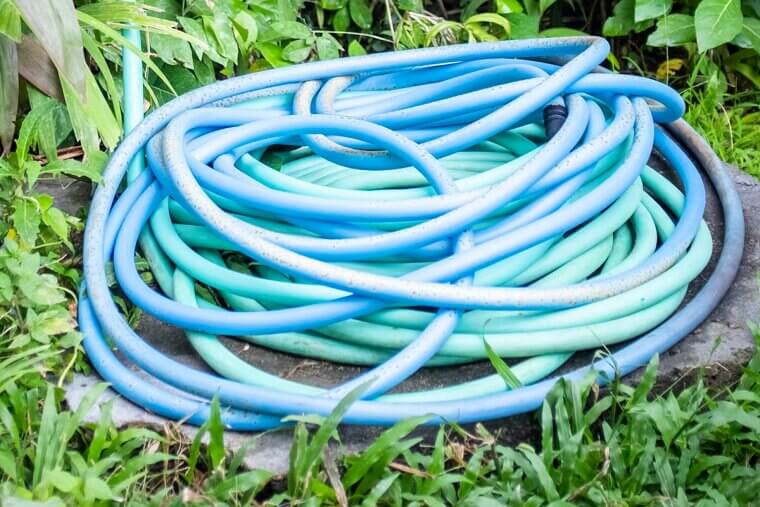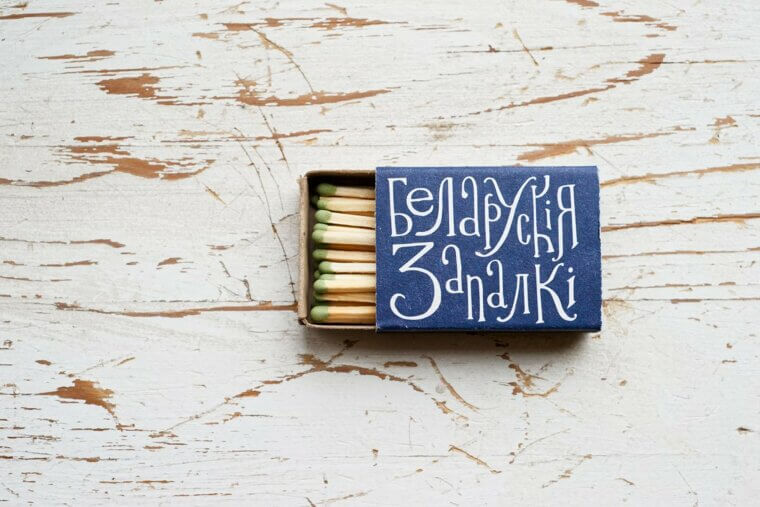These Everyday Storage Mistakes Could Cost You
You might think that storing things is easy. Just make a space for something, put it there and forget about it! Nope, that’s not what you have to do. Proper storage often requires some thought and common sense. Here are 35 of the biggest mistakes people make about storage.
Batteries in a Junk Drawer
So many people keep their batteries in a junk drawer not realizing how dangerous it is. If there’s metal things in there, the batteries can spark, and ignite the contents of your drawer. Keep batteries in plastic cases instead, or their original packaging.
Paint Near a Heat Source
Just painted your house and don’t know what to do with the leftovers? Well, remember that paint is highly flammable and should never be stored near furnaces, heaters, or direct sunlight. Instead, keep it in a cool, dry, well-ventilated area that doesn’t get any sun.
Propane Tanks in the House
Never ever ever store a propane tank in the house, for one very good reason: those things can leak and explode. You shouldn’t store one in the shed either. Keep them outside and away from any direct sunlight if you want to be safe.
Bulky Items on High Shelves
You’d be amazed at how many people store bulky items on high shelves even though it’s a hazard. All you need to do is bump into the shelves and suddenly something really heavy could fall down on your head. Many folks have been injured this way – don’t let the next one be you.
Leaving Cleaning Products Unlabeled
It’s very bad indeed to not know what’s inside every single one of your cleaning products. What if you accidentally mix bleach and ammonia? If you make your own cleaning sprays, label them right away, and always keep store-bought cleaners in their original packaging.
Storing Chemicals Together
In a similar vein, you should never store bleach near ammonia or anything else it’s not compatible with. Even a small spill can be very bad news. Always store chemicals separately, ideally in ventilated, labeled containers and on different shelves.
Cardboard Boxes in Damp Areas
If you’re storing your things in a cardboard box, make sure that box doesn’t end up in a damp area. Cardboard loves moisture and it will quickly become a breeding ground for mold if you’re not careful. So ideally, keep your cardboard box out of the garage or shed.
Food Next to Cleaning Products
People very often aren’t careful enough with their cleaning products, to the extent that they even store food alongside them. Do not ever do this, as it can lead to chemical contamination through leaks or fumes. Food goes in one cupboard, cleaning supplies in a different one.
Items in Front of Electrical Panels
You’re supposed to have three feet of clear space around panels, but so many people don’t do this. So then they’re in trouble when there’s a fire or power outage, plus those items serve as a major tripping hazard.
Flammable Liquids in Bad Containers
This is a common sense one, and yet so many people lack it. Using milk jugs or soda bottles to store gasoline or solvents is extremely dangerous. These containers aren’t designed for chemicals and can leak, melt, or even explode.
Stacking Large Towers
It can be tempting, when you have a lot of boxes, to stack them all up one on top of the other. It saves space, after all. But it’s such a bad idea – the tower could easily collapse. It’s especially dangerous if you have children or pets in the house.
Medications in the Bathroom
Heat can degrade your medications, and bathrooms get hotter when the shower is running. So, and any doctor will tell you this, you need to keep your pills out of the bathroom. Store them in a bedroom drawer or medicine cabinet instead.
Electronics in Humid Spaces
Storing electronics (think old phones, old iPods, that sort of thing) anywhere there’s humidity is a bad idea. The moisture will ruin the circuits in the electronics and the next time you go to actually use the item, it won’t work at all.
Tools on Unsecured Pegboards
A badly mounted or overloaded pegboard can detach from the wall, dropping heavy tools onto floors -or onto people. This is another one you want to be especially careful about if you have children or pets. Know the weight limit of your pegboard!
Firewood in the House
If you have a wood fire, you need to be extremely careful with it. Keeping firewood in the house (or even propped up against the exterior walls of your house) is a fire risk, and furthermore it invites pests like termites and rodents.
Aerosol Cans in Hot Areas
Never keep aerosol cans anywhere that’s likely to get hot, like a garden shed or a car. You see, if they get too hot they can explode. Always store aerosols in cool, dry locations away from heat sources or direct sunlight.
Water Bottles in Your Shed
Sometimes people get worried about the water in their area and buy up a ton of water bottles. Then they opt to store them in the shed rather than their house, and this is a terrible idea. The heat in the shed will cause the chemicals in the plastic to leak into the water.
Paper Near Heat Sources
Many people just aren’t careful enough about where they store their old books or magazines. Storing them near a heater is incredibly dangerous, as it could cause them to catch fire. Many a house has been burned down in this way.
Glass Containers in Busy Areas
A lot of people switch to glass containers for their kitchen because they think they look nice, but fail to take into account that kitchens are busy places. One wrong move and then there’s glass all over the floor, which is why you should use plastic containers.
Garden Chemicals Near Pet Supplies
Pets are highly sensitive to a lot of garden chemicals, just like humans are. But pesticides, weed killers, and fertilizers can contaminate pet food or supplies if stored nearby, even if they’re in sealed containers. Keep everything to do with your pet well away from anything chemical.
Fireworks in the Shed
Some people just don’t understand how dangerous fireworks are, but they can and do kill people every year. Storing them in a shed leaves them vulnerable to accidental ignition, and then suddenly you don’t have a shed any more.
Clothing in Plastic Bags
It’s okay to leave clothes in plastic bags for a day or two, but certainly not long-term. Plastic bags trap moisture, which makes mold grow on your clothes. They can also emit chemicals that yellow fabrics over time. Get a proper garment bag if you want to store clothes out of the closet.
Items on Staircases
Don’t ever put storage boxes on your staircase, not even for a short amount of time. So many people have fallen down the stairs that way. This is another one to be particularly considerate of if you have children in the house.
Sharp Tools Uncovered
A good way to get yourself cut is to leave the sharp parts of your garage or kitchen tools exposed. When storing them away, make sure the blades are covered up. Also bear in mind that rust builds up easily on exposed metal.
Using Weak Shelves
Before you start getting seriously into the storage game, always check to make sure your shelves are up to the job. Otherwise you’ll start loading things onto the weak shelves and they’ll just collapse, potentially seriously injuring you.
Improper Ladder Storage
Yes, ladders are hard to store, but don’t lean them loosely against a wall or leave them on the ground. They can fall unexpectedly or become tripping hazards. Always store ladders on wall hooks, with brackets.
Canned Food in Shed
Some people like to store up enough canned food for years and years and years, but where to put it? Usually they stash it in the shed and wind up very disappointed, because the moisture in the shed makes the cans rusty. It’s an expensive mistake.
Leaving Containers Without Lids
When putting something in long-term storage, always make sure to put a lid on it. Many a person has gone to retrieve an item from an un-lided box and found it covered in dead bugs or even worse, rat droppings.
Important Documents in the Shed
Never store your important documents in the shed. For a start, sheds are prone to leaking, and water damage will destroy your documents. For another, sheds are easy to break into, and a thief could easily make off with all your most important papers.
Canned Goods in the Freezer
You’d think this would be another common sense one, but it’s amazing how many people get it wrong. Don’t ever put canned goods in the freezer, because the cold temperatures will cause canned goods to expand and burst.
Seeds in the Garage
People don’t really know how to store seeds, and then they’re surprised when flowers never bloom. You shouldn’t store seeds in your garage – there’s too much moisture and heat in there. Keep them in your house instead until you’re ready to sow them.
Plastic Containers Near Heat Sources
You need to be careful with plastic, but a lot of people just aren’t. Sometimes they store their plastic boxes near a radiator or heater, and this is a bad move for many reasons. First of all, the heat will cause the plastic to warp… and second of all, the melting plastic will give off toxic fumes.
Storing Food in Open Bags
When you get a large bag of something like rice, it can be tempting to store it open, so you can take it out whenever you like. But this will attract pests to the food, including rats, and you really don’t want that.
Garden Hoses in the Shed
Garden hoses don’t react well to direct sunlight, yet that’s what they get when left in the shed. So store your garden hose outside under a cover instead – and make sure your kids don’t drink from it.
Matches or Lighters Within Reach of Children
One important part of child-proofing the house is making sure kids don’t get into anything that could hurt them. Matches and lighters need to be locked away, because a child doesn’t understand how they work, and could end up injuring themselves or burning the house down.

